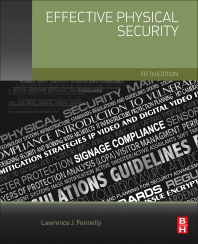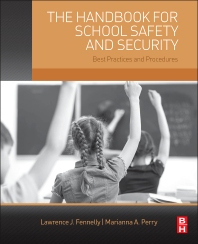Global Cybersecurity Awareness Survey Reveals 33 Percent of U.S. Respondents Have Experienced Identity Theft

Proofpoint, Inc. has released its global 2018 User Risk Report, which reveals gaps in cybersecurity awareness across phishing, ransomware, and malware, and finds many respondents do not take complete security measures to properly protect their data, devices, and systems. The study examines the online behavior of 6,000 working adults across six countries (U.S., Australia, France, Germany, Italy, and UK), and underscores the importance of continued cybersecurity awareness and applying best security practices.
“More than 99 percent of all targeted cyberattacks rely on users to activate them—and our User Risk Report identifies security awareness gaps that need immediate attention to protect how people work today,” said Joe Ferrara, general manager of the Wombat Security product division of Proofpoint. “A user’s personal cybersecurity habits, including proper device use, password strength and reuse, and general awareness, have a direct impact on the safety of their corporate environment. We encourage businesses to take an active role in educating their employees and not over-estimate user knowledge of cybersecurity fundamentals.”
This year’s global User Risk Report is the second annual study from Wombat Security, Proofpoint’s cybersecurity awareness and training division. Below are a few of the key findings identified for improvement, especially for organizations with remote workers:
- 33 percent of U.S. respondents have experienced identity theft, more than twice the global average, and more than three times that of French and German respondents.
- U.S. users were also the most likely of global users to share social check-ins (29 percent), which increases information exposure to cybercriminals.
- 44 percent of global respondents do not password-protect their home Wi-Fi networks, and 66 percent have not changed the default password on their Wi-Fi routers.
- 55 percent of workers who use employer-issued devices at home allow family members to use those devices to do things like shopping online and playing games.
- 67 percent believe using anti-virus software and keeping it up to date will stop cyberattacks from affecting their computer.
- 59 percent of Italian respondents believe they can trust open Wi-Fi networks at trusted locations such as a nice hotel, a local coffee shop or an international airport. This was virtually opposite of the global average.
Looking for a reprint of this article?
From high-res PDFs to custom plaques, order your copy today!








